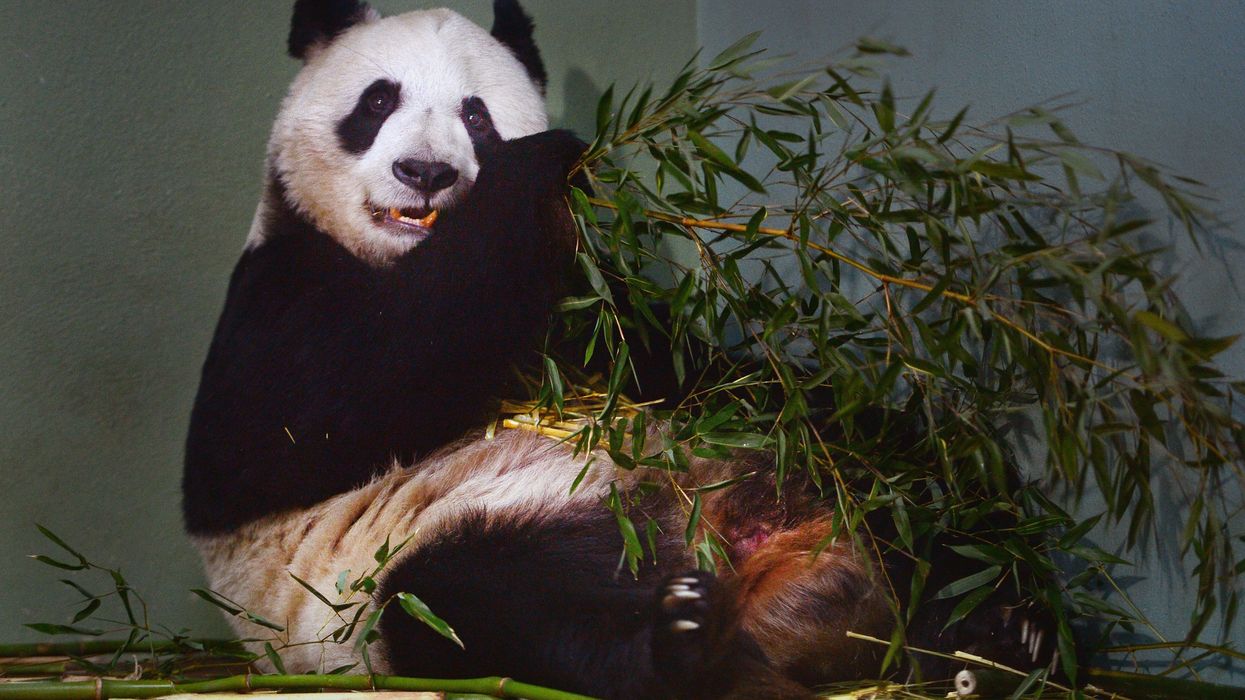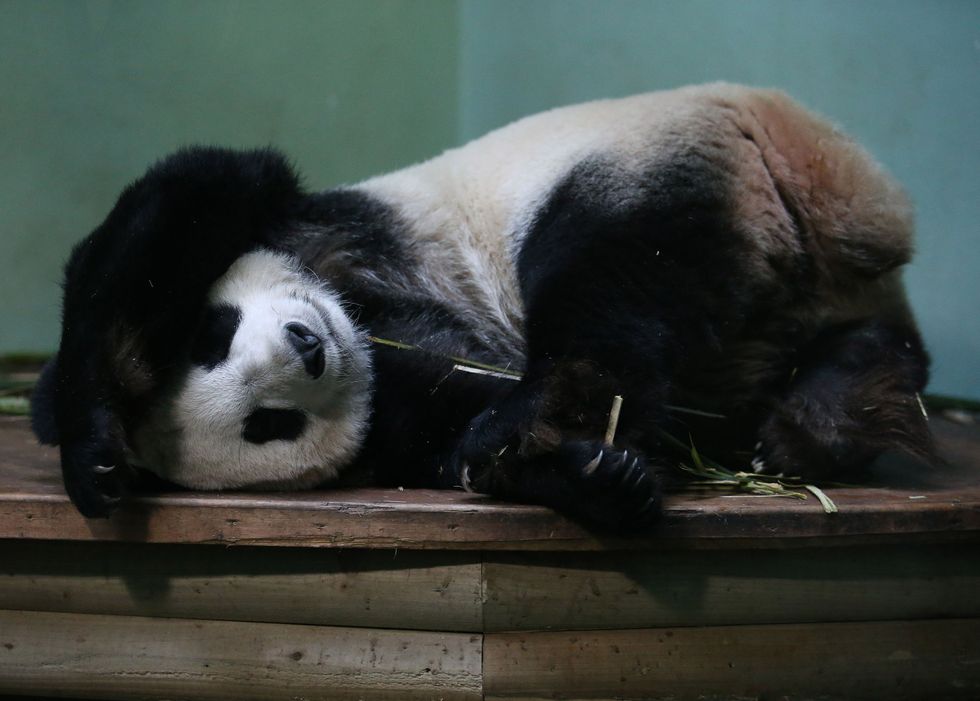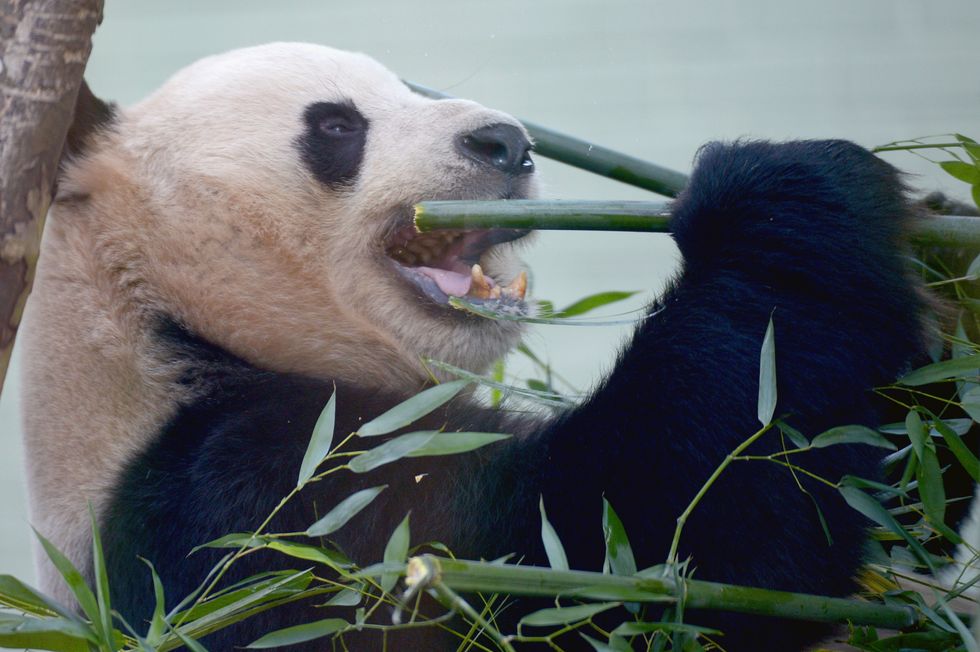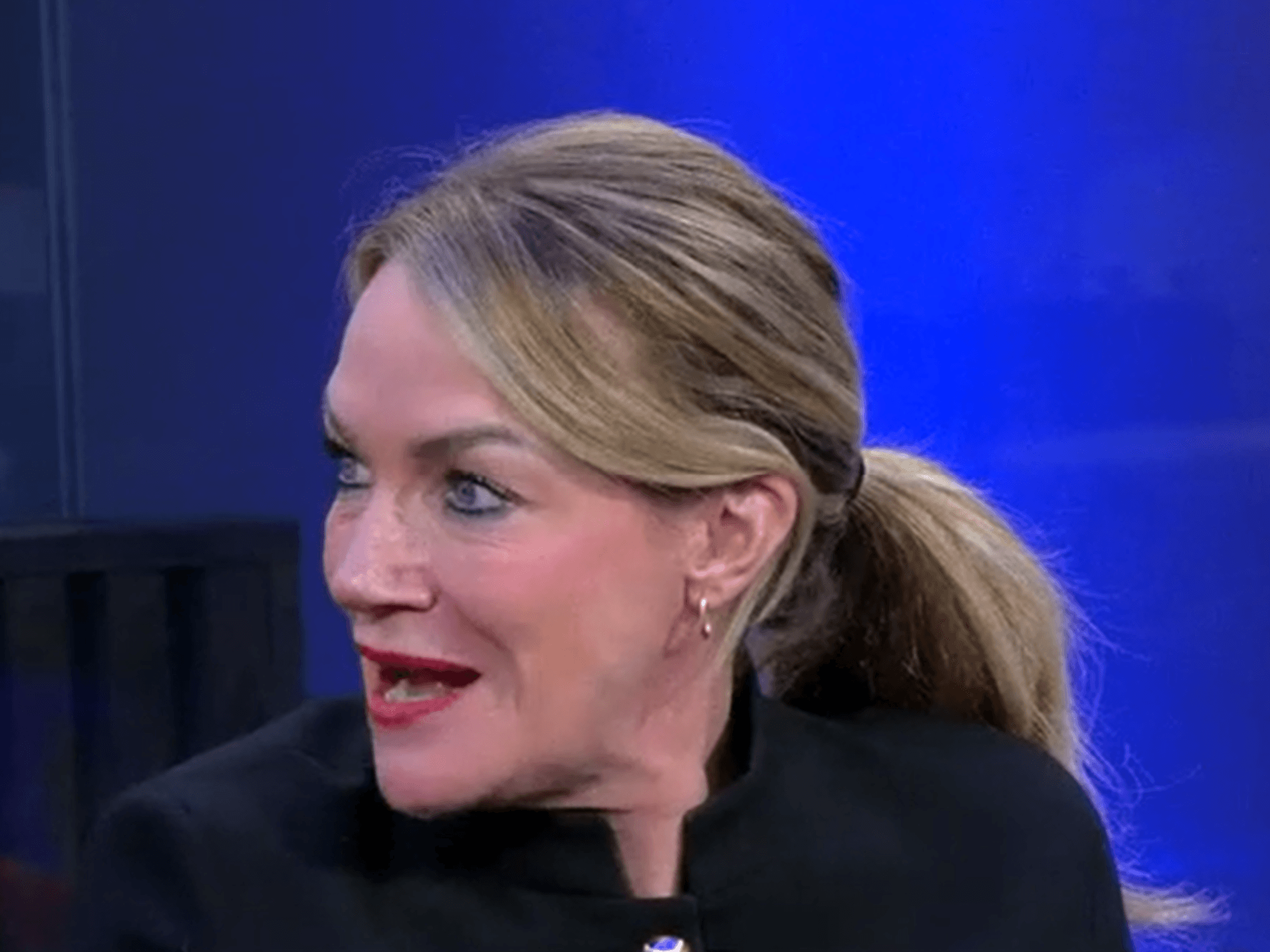Edinburgh Zoo loses its pandas as 50-year deal unexpectedly scrapped by China

Tian Tian (pictured) from Edinburgh Zoo will be returned to China by the end of the year
|Getty

Britain will be panda-less in just a few months
Don't Miss
Most Read
Edinburgh Zoo is having to send its pandas back to China after Beijing called off the loan.
The only pair of pandas in Britain are to be repatriated by the end of the year, as relations between the West and China continue to deteriorate.
Yang Guang and Tian Tian from Edinburgh Zoo will be sent back to China before 2024, leaving the UK without pandas for the first time in more than 50 years.
In the US, Mei Xiang, Tian Tian and their three-year-old male cub, Xiao Qi Ji — are set to go back to China next week.
WATCH NOW: James Cleverly visits China to stabilise relations
Only four pandas, who are in Atlanta, will remain in the US.
However, the loan agreement for the remaining endangered animals is due to expire next year.
In Australia, officials are negotiating the extension of their loan agreement of two pandas housed in Adelaide Zoo, which is also due to end next year.
If none of the loans are renewed, all three countries could be panda-less by 2024.
The move appears to mark the end of China’s panda diplomacy, a practice where the country loans other nations the animals for a period of 10 years.
The policy has seen the endangered animals loaned to zoos across the world in hopes of boosting inter-governmental relations.
“From a Chinese perspective, sharing the care of such a precious animal strengthens the bonds that China has with its ‘inner circle’ of countries,” Kathleen Buckingham from Oxford’s School of Geography and the Environment said.
When a cub grows older, they are normally sent home, but a new panda is typically sent in their place.
However, this time, it is uncertain if Beijing will renew any of the loans.
CHINA LATEST:

Tian Tian sleeps in her enclosure at Edinburgh Zoo
|PA
The panda exodus comes as relations between China and the West have continued to sour, as the two disagree over a number of issues.
This includes disputes surrounding trade, technology, the status of Taiwan and China’s stance on the ongoing wars in the Middle East and Ukraine.
“I think that it does reflect the change in China’s position in the world,” Elena Songster, a professor at Saint Mary’s College of California, said.
“I do feel that it reflects China’s position geopolitically, in a broader sense, which is vastly different from 1972,” she told the Washingtonian.

Yang Guang, the Giant Panda, eats bamboo in its enclosure at Edinburgh Zoo
|Getty
Yang Guang and Tian Tian were first loaned to Edinburgh Zoo in 2011, after Scotland and China signed an oil deal.
Panda diplomacy dates back as far as the Tang Dynasty (618-907), where the animals were sent out as diplomatic gifts.
However, by 1984, the policy changed, and the bears were no longer presented as gifts but were instead given as loans for a period of 10 years. Once the time was up, it could be extended.
Loaning pandas was seen as a way of promoting mutual partnerships between China and the recipient countries.
In turn, the countries receiving the pandas would pay an annual fee of about $1million per bear.
Graham Allison, a professor of government at Harvard and former Defence Department official, said the ending of the panda agreements shows a “generally worsening” US-China relationship.
He told NBC news: “This is a good example because this is not going to make the folks that came to see the panda happier. It will make them sadder, and they’re more likely to blame China than they are the US.”







